16 Foods That Naturally Lower Your Bad Cholesterol
Cholesterol, a waxy substance found in your blood, is essential for building healthy cells, but too much can lead to heart disease. Cholesterol is carried through your bloodstream by lipoproteins. Low-density lipoprotein (LDL) is often labeled as 'bad' cholesterol because it can lead to plaque buildup in arteries, increasing the risk of heart disease and stroke. High-density lipoprotein (HDL), on the other hand, is considered 'good' cholesterol, as it helps remove other forms of cholesterol from your bloodstream. The balance between these two types is vital, and dietary changes can significantly impact this balance. By focusing on foods that lower LDL and raise HDL, you can take control of your cholesterol levels. The journey of managing cholesterol is not just about reducing bad cholesterol (LDL) but also about increasing good cholesterol (HDL). This article will guide you through 16 transformative foods that can aid your cholesterol management journey. By the end, you will have a comprehensive understanding of how these foods can help you maintain a heart-healthy lifestyle.
1. Embrace Oats for Breakfast
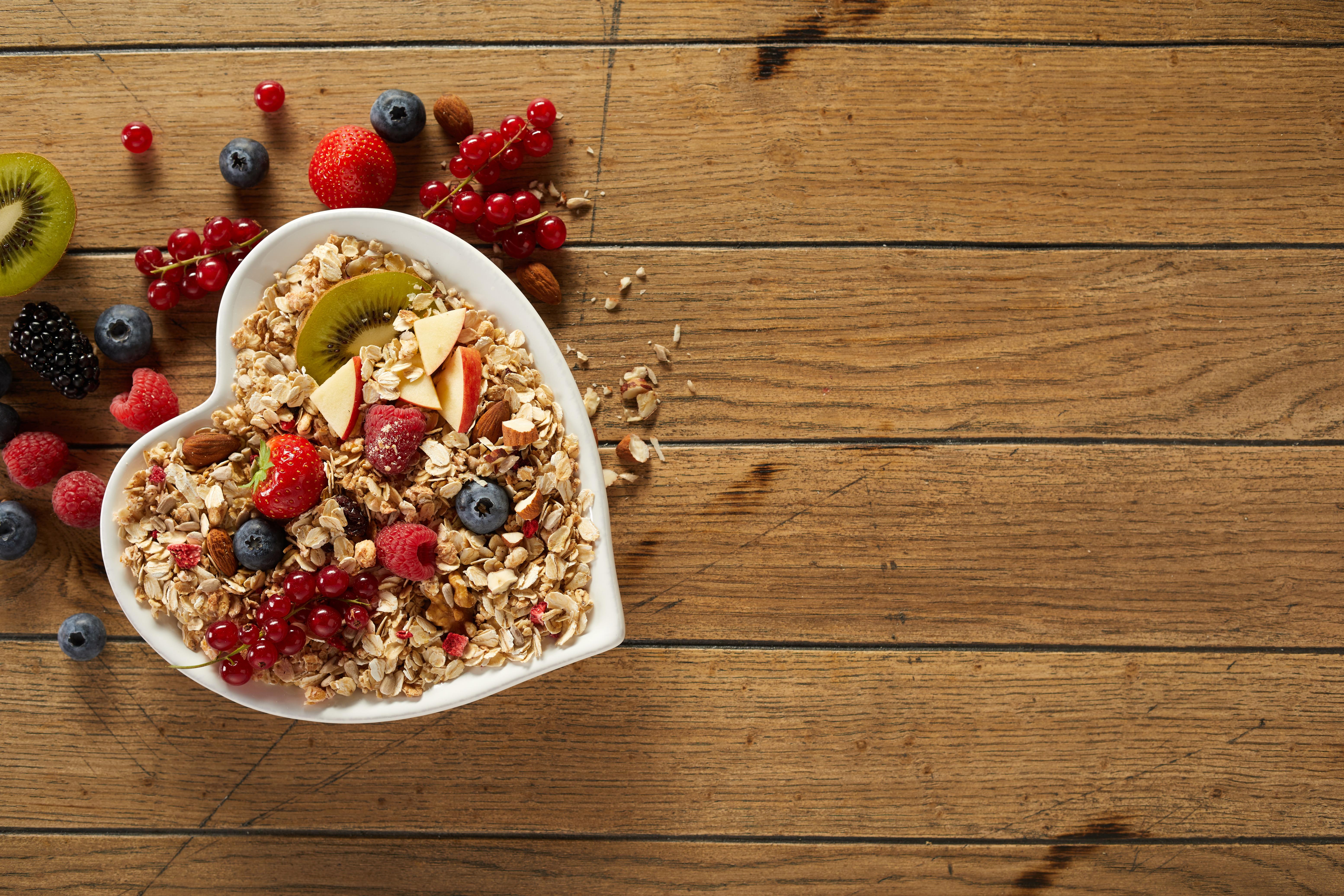
Oats are a powerhouse when it comes to lowering cholesterol. Rich in soluble fiber, oats help reduce the absorption of cholesterol into your bloodstream. Starting your day with a bowl of oatmeal can lower your LDL cholesterol by about 5 to 10 percent. The beta-glucan in oats forms a gel-like substance in your gut, which helps to trap cholesterol-rich bile acids and remove them from the body. Incorporating oats into your breakfast routine is a simple yet effective way to kickstart your cholesterol-lowering diet. Experiment with toppings like fruits and nuts to enhance both the flavor and nutritional value.
2. The Power of Almonds
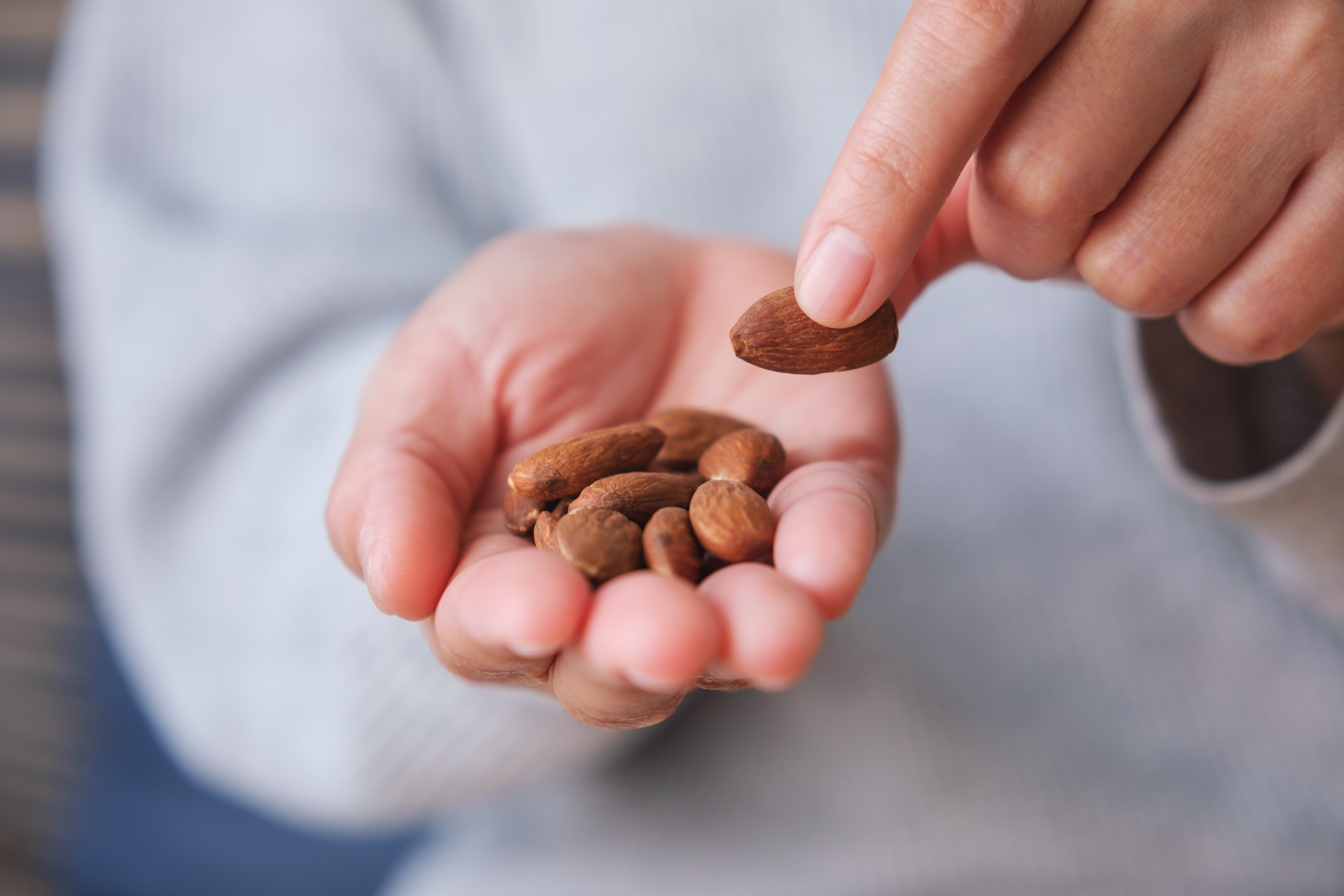
Almonds are not only a delicious snack but also an excellent ally in reducing cholesterol levels. They are rich in monounsaturated fats, which help to lower LDL cholesterol while maintaining HDL levels. Studies have shown that consuming a handful of almonds daily can lead to a significant reduction in LDL cholesterol. Furthermore, almonds are packed with vitamin E, an antioxidant that protects your arteries from damage. Incorporating almonds into your diet can be as simple as adding them to salads, yogurt, or enjoying them on their own as a snack.
3. Avocado: A Heart-Healthy Fruit
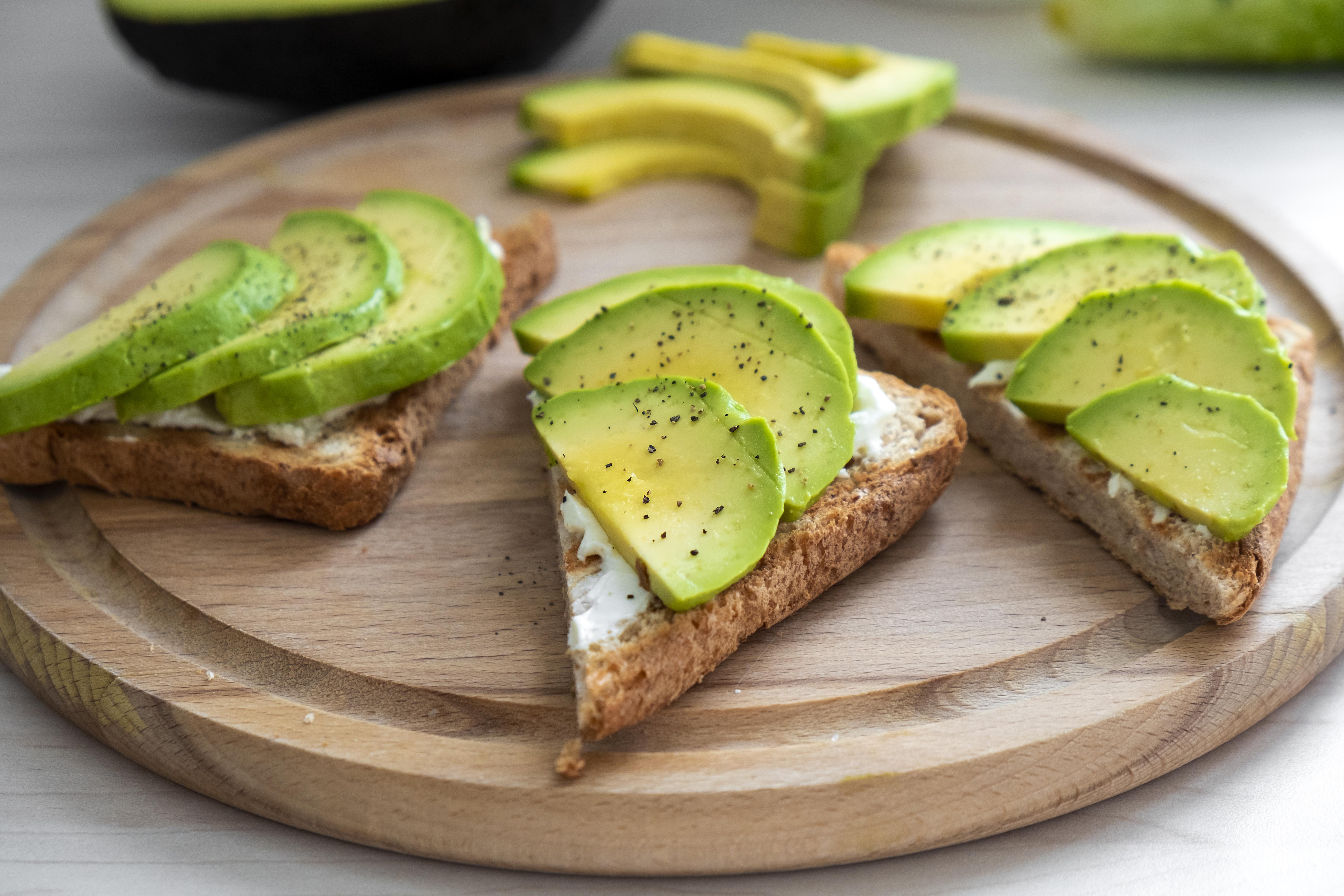
Avocados are another source of heart-healthy monounsaturated fats. These fats help to lower LDL cholesterol levels without affecting HDL cholesterol. In addition to healthy fats, avocados provide fiber, which further aids in cholesterol management. Research indicates that incorporating avocados into a moderate-fat diet can improve cholesterol profiles in overweight and obese individuals. Try adding avocado slices to your sandwiches, mashing them into guacamole, or even blending them into smoothies for a creamy texture. Their versatility makes them an easy addition to various meals throughout the day.
4. The Magic of Olive Oil
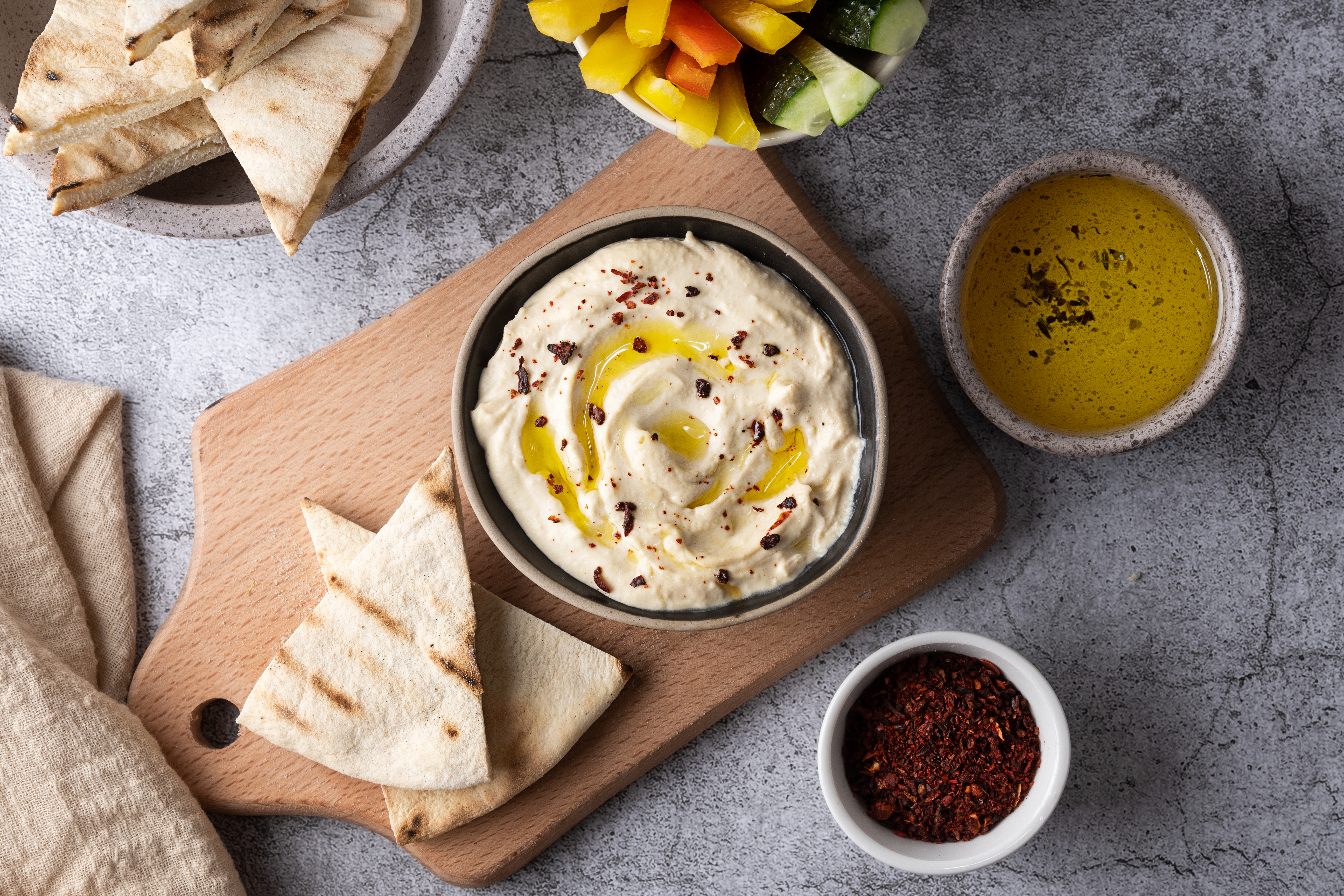
Olive oil, a staple of the Mediterranean diet, is renowned for its heart-healthy benefits. It is rich in monounsaturated fats, which help to lower LDL cholesterol while boosting HDL cholesterol. The antioxidants in olive oil, particularly polyphenols, also protect the cardiovascular system. Replacing butter or other saturated fats with olive oil in your cooking can have a significant impact on your cholesterol levels. Use it as a base for salad dressings, drizzled over vegetables, or as a dip for whole-grain bread. Opt for extra virgin olive oil for the highest concentration of beneficial compounds.
5. Beans and Legumes: Fiber-Rich Allies
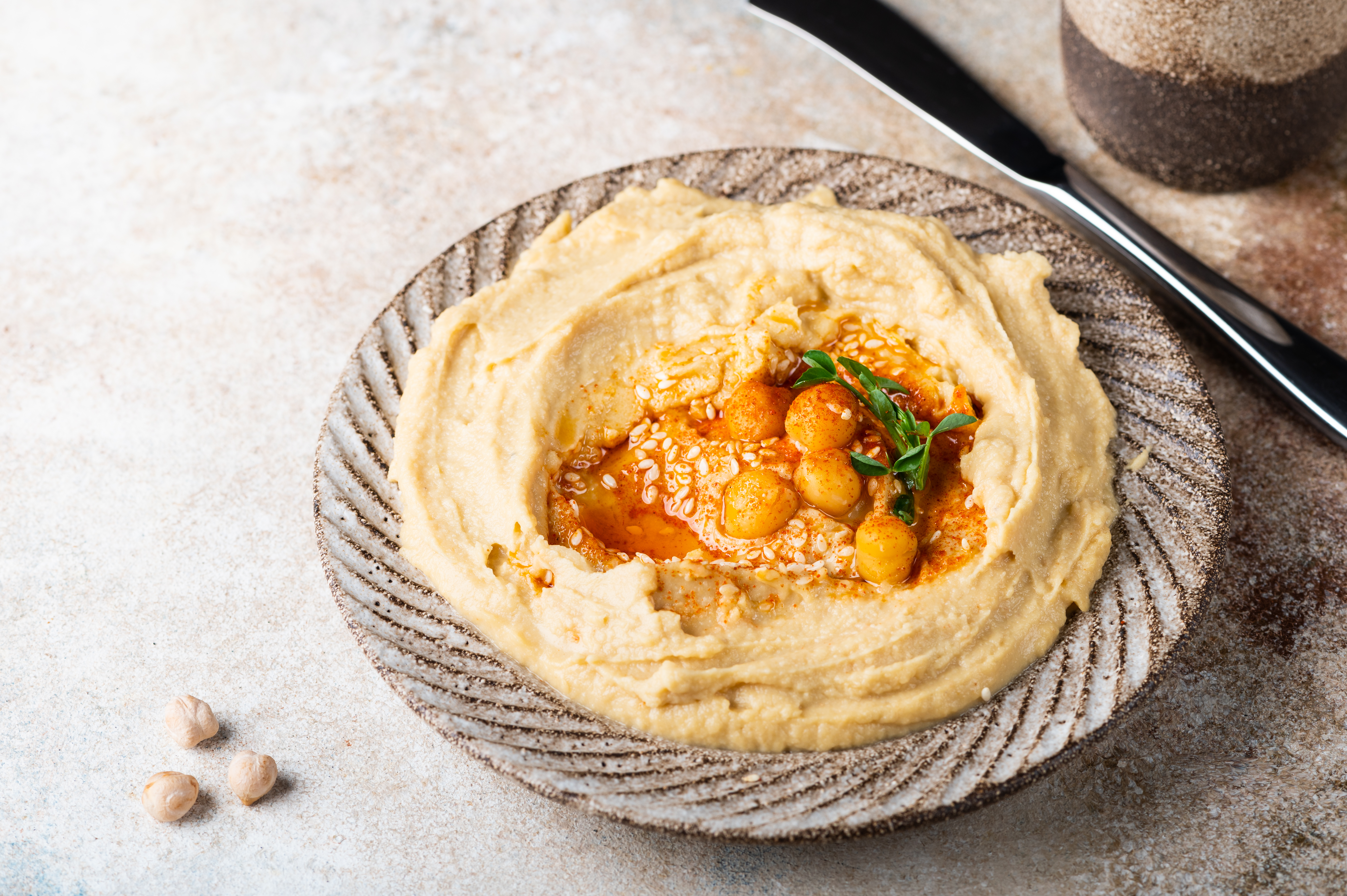
Beans and legumes are excellent sources of soluble fiber, which plays a crucial role in lowering cholesterol. Soluble fiber binds with cholesterol in the digestive system, preventing its absorption into the bloodstream. Regular consumption of beans and legumes, such as lentils, chickpeas, and black beans, can lead to a noticeable reduction in LDL cholesterol. They are also low in fat and high in protein, making them a great meat substitute. Incorporate them into soups, stews, salads, or even as a base for veggie burgers to enjoy their cholesterol-lowering benefits.
6. The Benefits of Berries
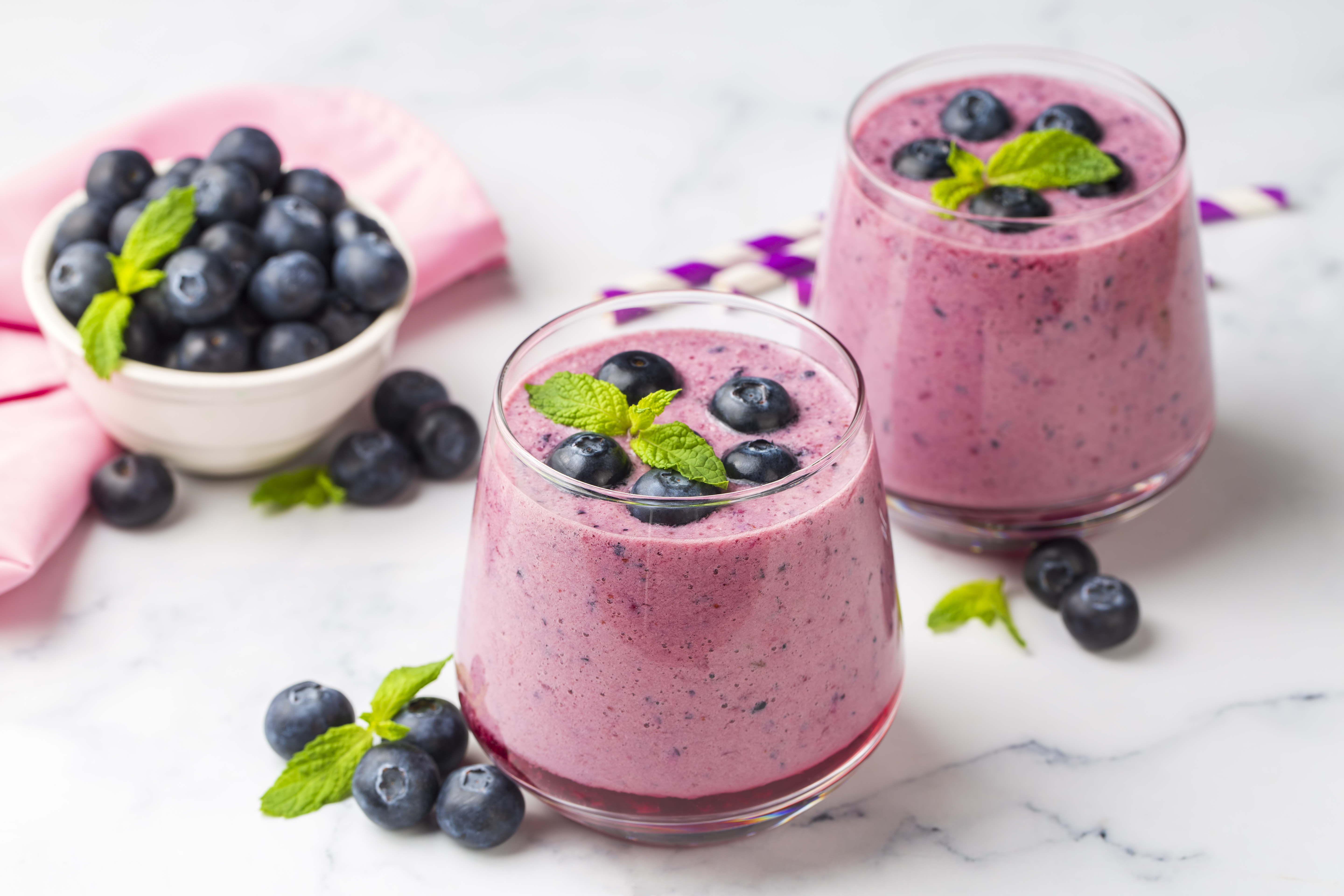
Berries, including strawberries, blueberries, and raspberries, are rich in antioxidants and soluble fiber. These fruits help to improve cholesterol levels by reducing LDL cholesterol and increasing HDL cholesterol. The polyphenols found in berries also support heart health by improving blood vessel function and reducing inflammation. Adding a variety of berries to your diet can be as simple as including them in your morning cereal, smoothie, or as a sweet snack. Their natural sweetness and vibrant colors make them an appealing and healthful addition to any meal.
7. Fatty Fish for Omega-3s
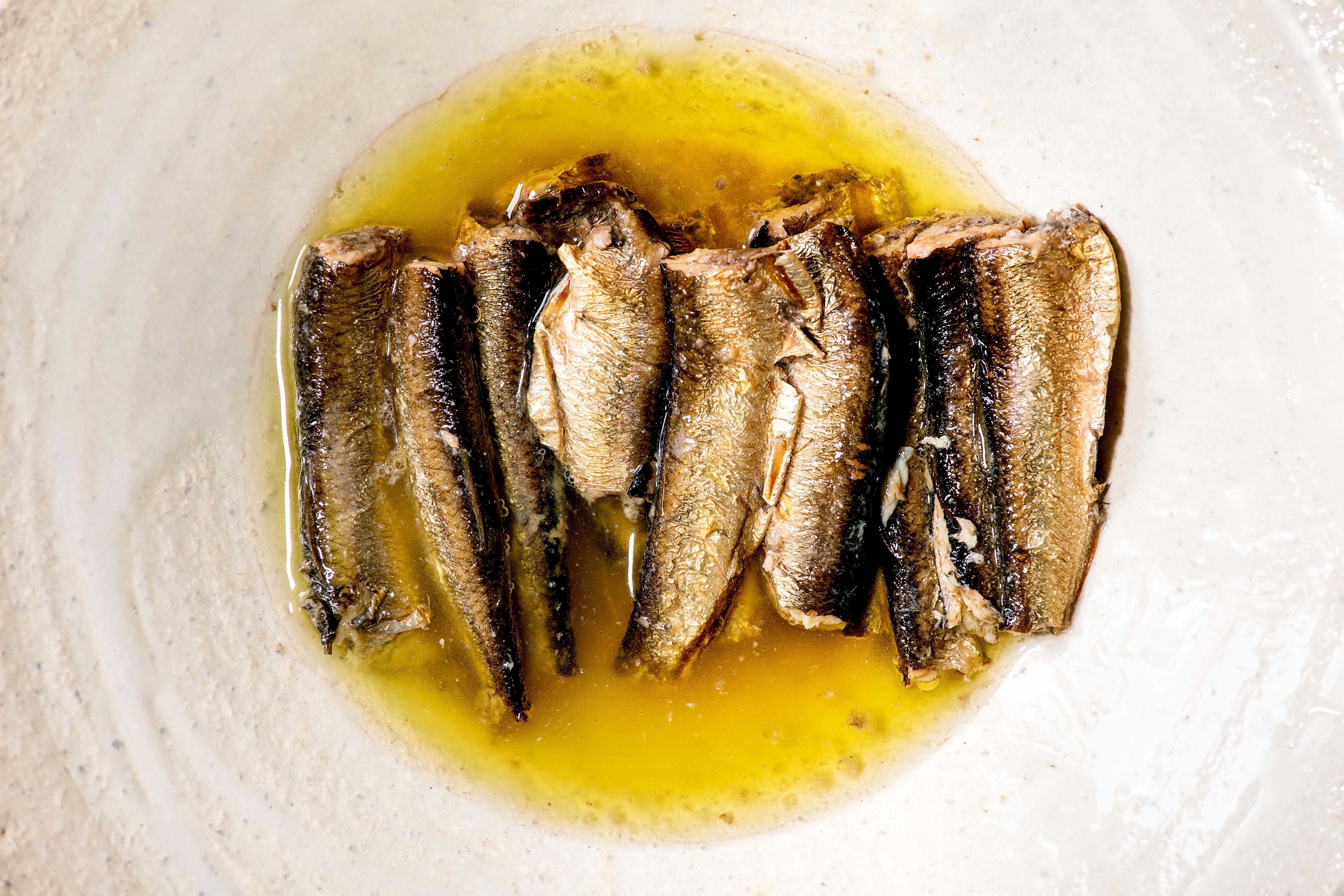
Fatty fish such as salmon, mackerel, and sardines are rich in omega-3 fatty acids, which are known for their heart-protective properties. Omega-3s help to lower triglycerides, reduce blood pressure, and decrease the risk of heart disease. They also have a modest effect on raising HDL cholesterol and lowering LDL cholesterol. Aim to include fatty fish in your diet at least twice a week to reap these benefits. Grilling, baking, or poaching are healthy cooking methods that preserve the nutritional value of the fish without adding unnecessary fats.
8. Whole Grains for a Healthier Heart
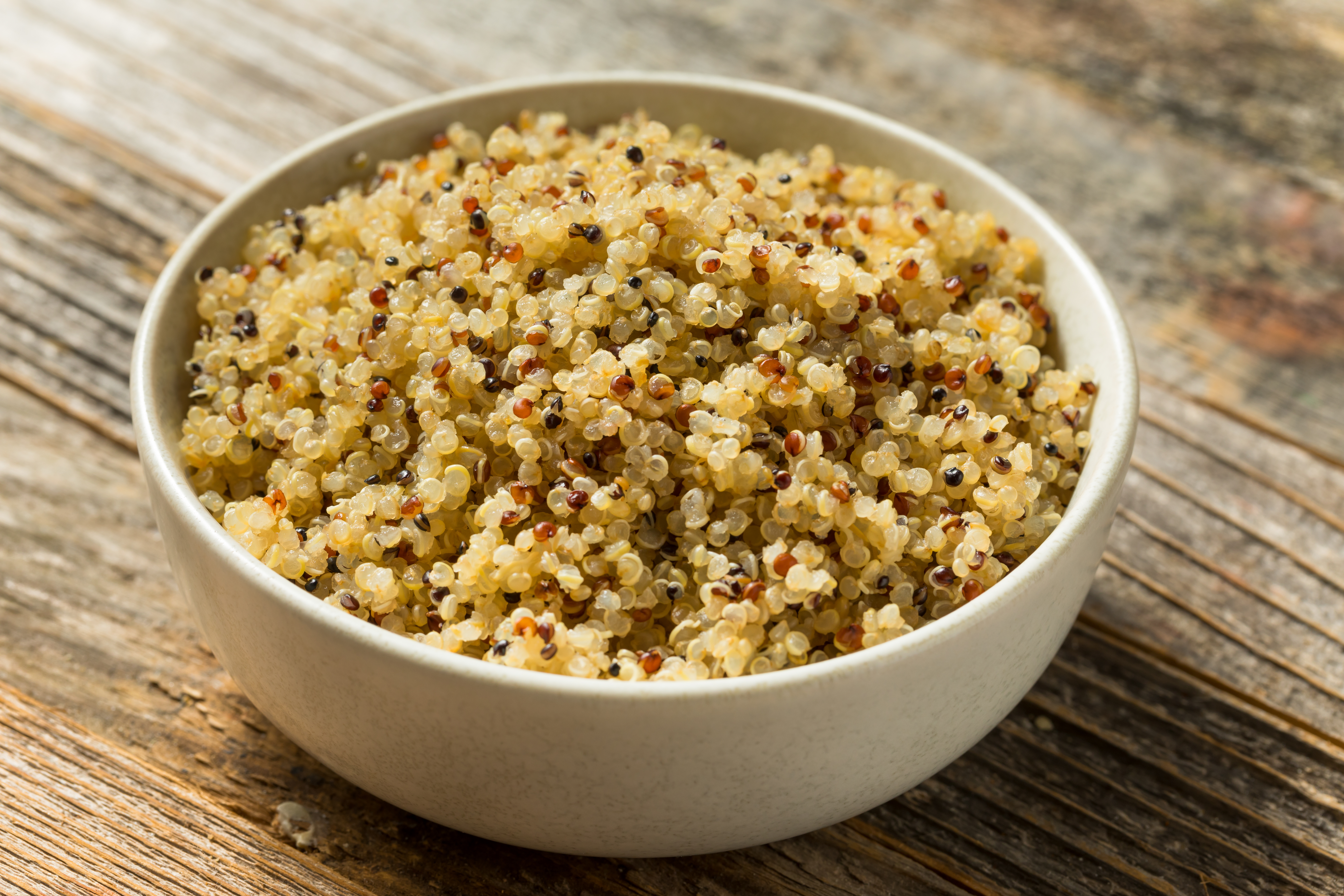
Whole grains such as brown rice, quinoa, and whole wheat are rich in fiber, particularly soluble fiber, which helps to lower LDL cholesterol. Unlike refined grains, whole grains retain their nutrient-rich bran and germ, providing essential vitamins, minerals, and antioxidants. Replacing refined grains with whole grains can improve cholesterol levels and reduce the risk of heart disease. Incorporate whole grains into your diet by choosing whole-grain bread, pasta, and cereals, and experimenting with different grains in your cooking to add variety and flavor.
9. The Role of Garlic
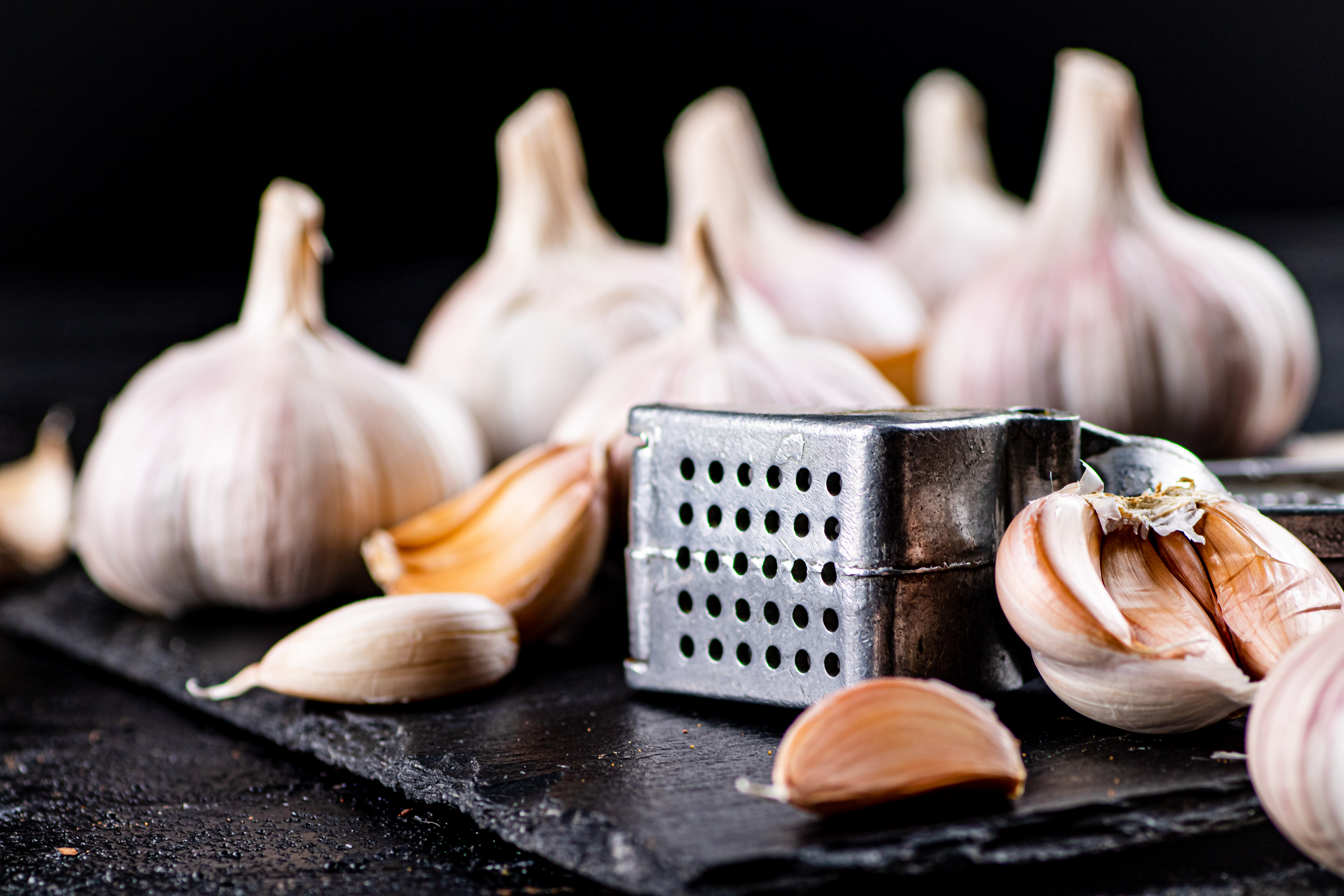
Garlic has been used for centuries for its medicinal properties, including its ability to lower cholesterol. It contains allicin, a compound that has been shown to reduce LDL cholesterol and triglycerides. Regular consumption of garlic can also improve blood pressure and overall heart health. Fresh garlic is the most potent, so try to incorporate it into your cooking as much as possible. Add minced garlic to soups, sauces, and marinades, or roast whole cloves for a milder, sweeter flavor that can be spread on bread or mixed into dishes.
10. Spinach: A Leafy Green Wonder
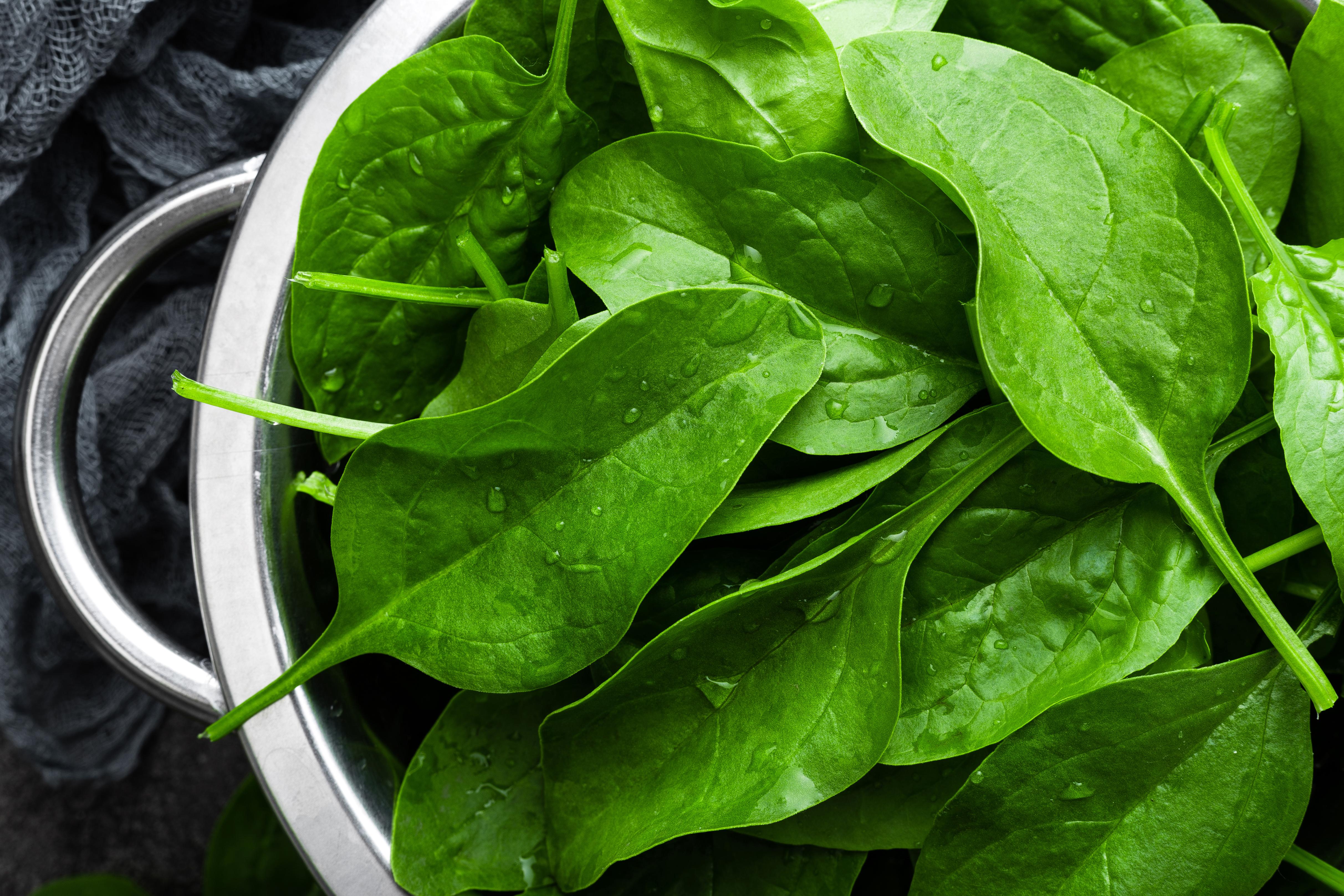
Spinach, a nutrient-dense leafy green, is packed with lutein, a type of carotenoid that helps to prevent cholesterol from attaching to artery walls. Consuming spinach regularly can help to lower LDL cholesterol and improve heart health. It is also rich in fiber, vitamins, and minerals, making it a valuable addition to a heart-healthy diet. Enjoy spinach in salads, smoothies, or as a cooked side dish. Its mild flavor and versatility make it easy to incorporate into a variety of meals, providing a nutritional boost without overpowering other ingredients.
11. Soy Products for Cholesterol Control
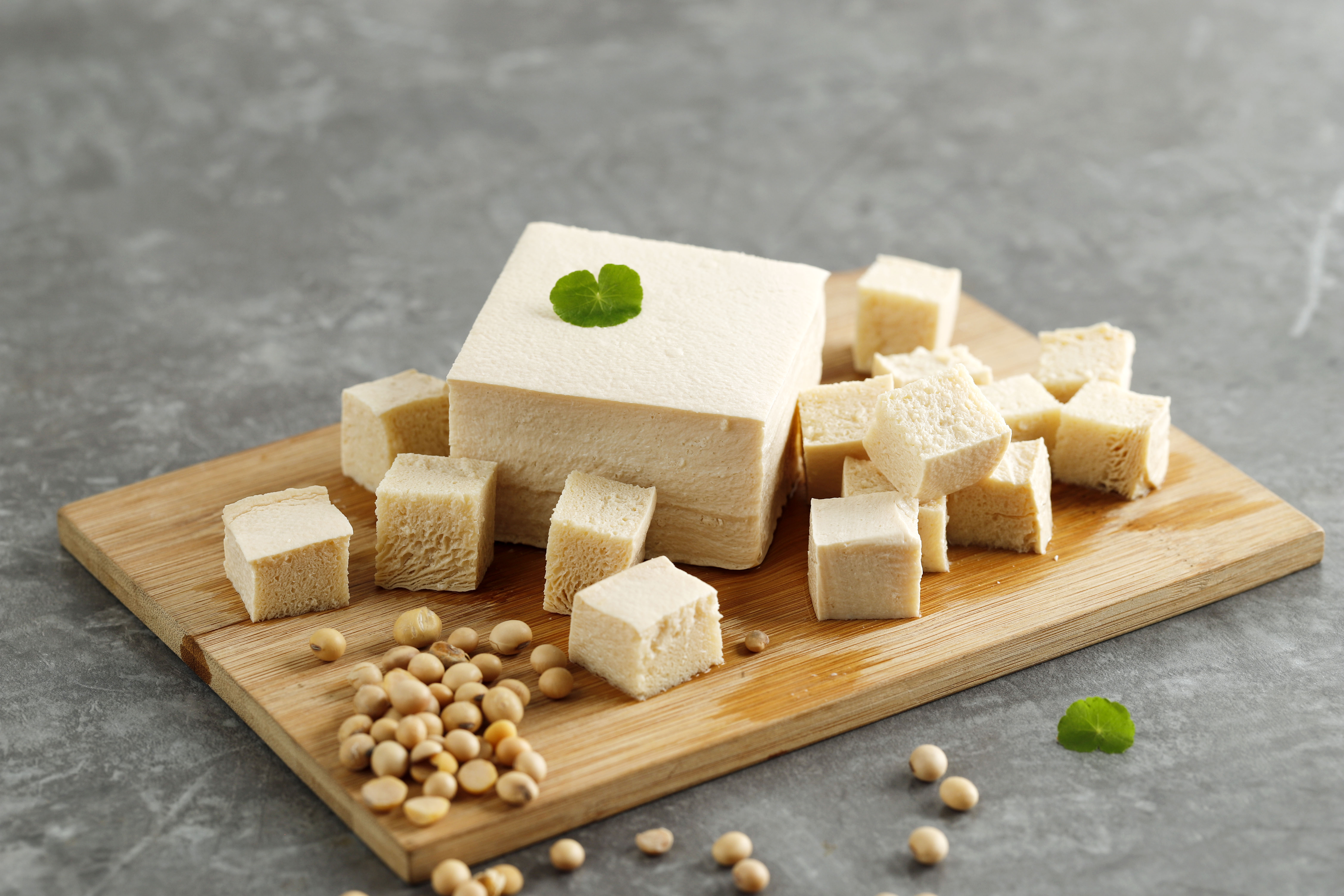
Soy products, such as tofu, tempeh, and soy milk, are beneficial for cholesterol management due to their high protein content and low saturated fat levels. Soy contains compounds called isoflavones, which have been shown to reduce LDL cholesterol and improve heart health. Replacing animal proteins with soy products can lead to a reduction in cholesterol levels and a lower risk of heart disease. Incorporate soy into your diet by using tofu in stir-fries, adding soy milk to smoothies, or enjoying tempeh as a meat substitute in sandwiches and salads.
12. The Sweetness of Dark Chocolate
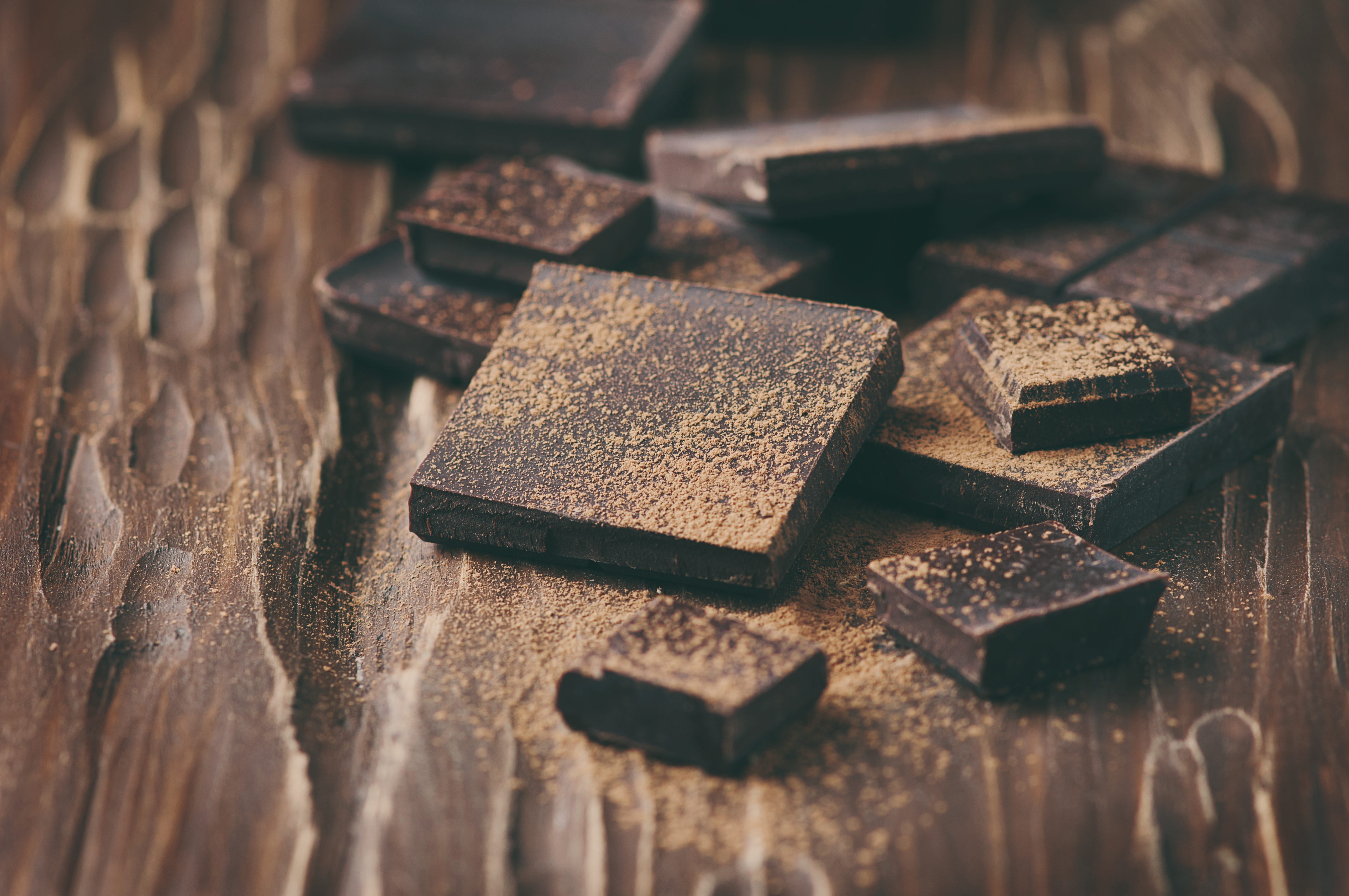
Dark chocolate, when consumed in moderation, can be a heart-healthy treat. It is rich in flavonoids, which are antioxidants that help to lower LDL cholesterol and improve blood flow. Choose dark chocolate with at least 70% cocoa content to maximize its health benefits. Enjoy a small piece of dark chocolate as an occasional treat to satisfy your sweet tooth while supporting heart health. Remember that moderation is key, as chocolate is high in calories and can contribute to weight gain if consumed in excess.
13. The Impact of Green Tea
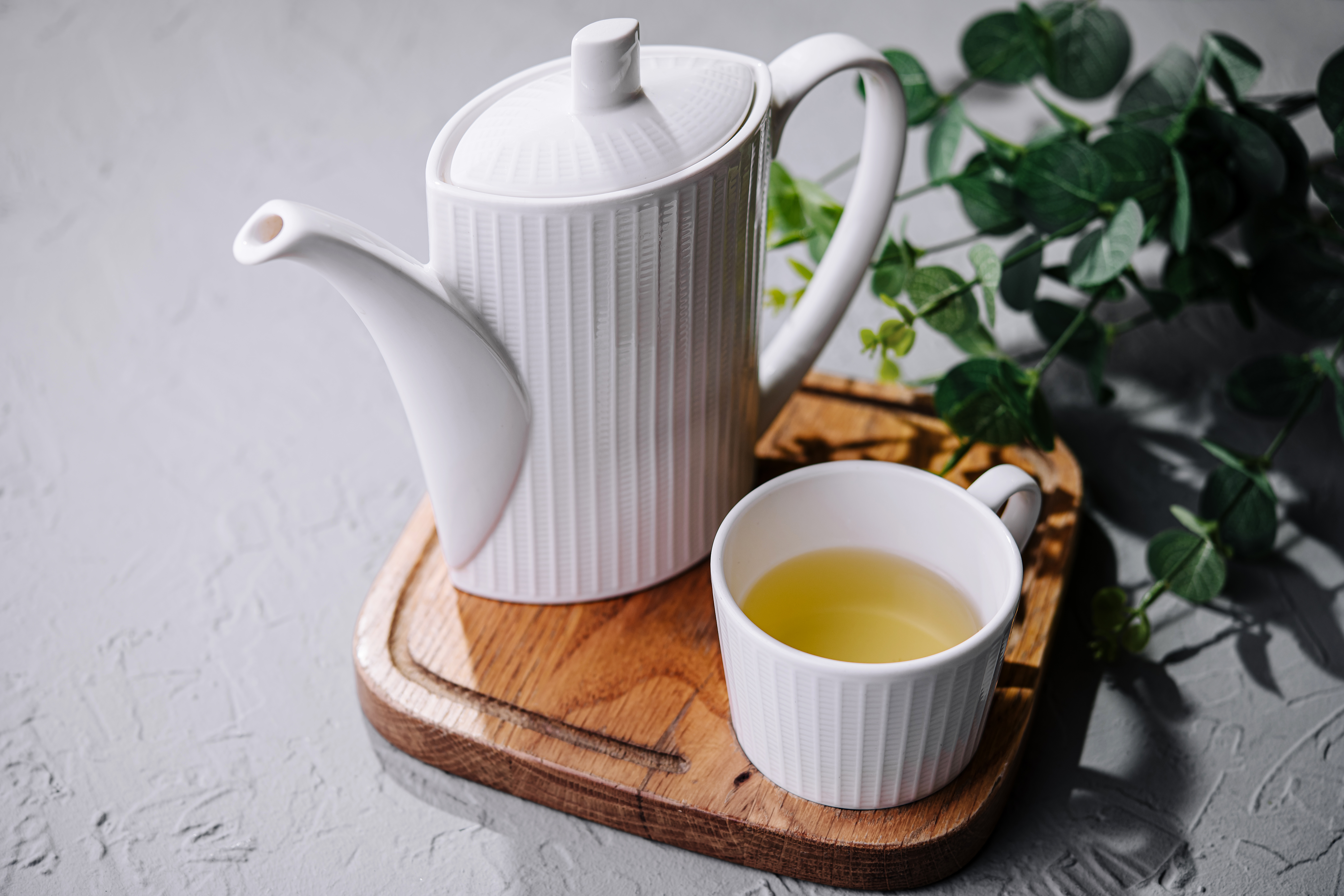
Green tea is a popular beverage known for its numerous health benefits, including its ability to improve cholesterol levels. It contains catechins, antioxidants that have been shown to lower LDL cholesterol and increase HDL cholesterol. Drinking green tea regularly can also improve blood vessel function and reduce the risk of heart disease. Incorporate green tea into your daily routine by enjoying a cup in the morning or afternoon. Experiment with different varieties, such as matcha or sencha, to find the flavor that suits you best.
14. Nuts Beyond Almonds
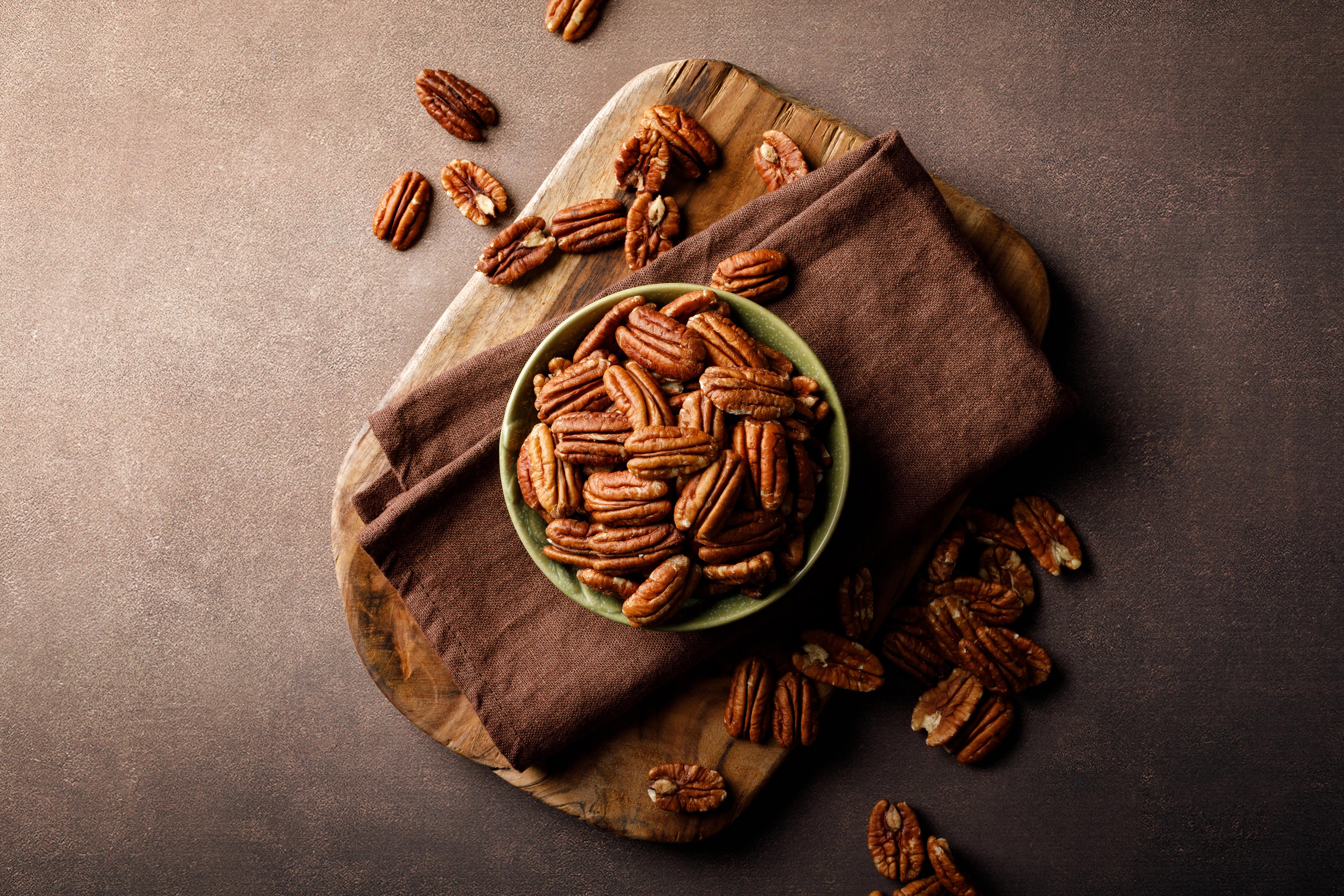
In addition to almonds, other nuts such as walnuts, pistachios, and pecans offer heart-healthy benefits. These nuts are rich in unsaturated fats, fiber, and antioxidants, which help to lower LDL cholesterol and improve overall heart health. Regular consumption of nuts has been associated with a reduced risk of heart disease. Enjoy a variety of nuts as a snack, add them to salads, or use them as a topping for yogurt and oatmeal. Be mindful of portion sizes, as nuts are calorie-dense and can contribute to weight gain if consumed in large quantities.
15. The Influence of Plant Sterols and Stanols
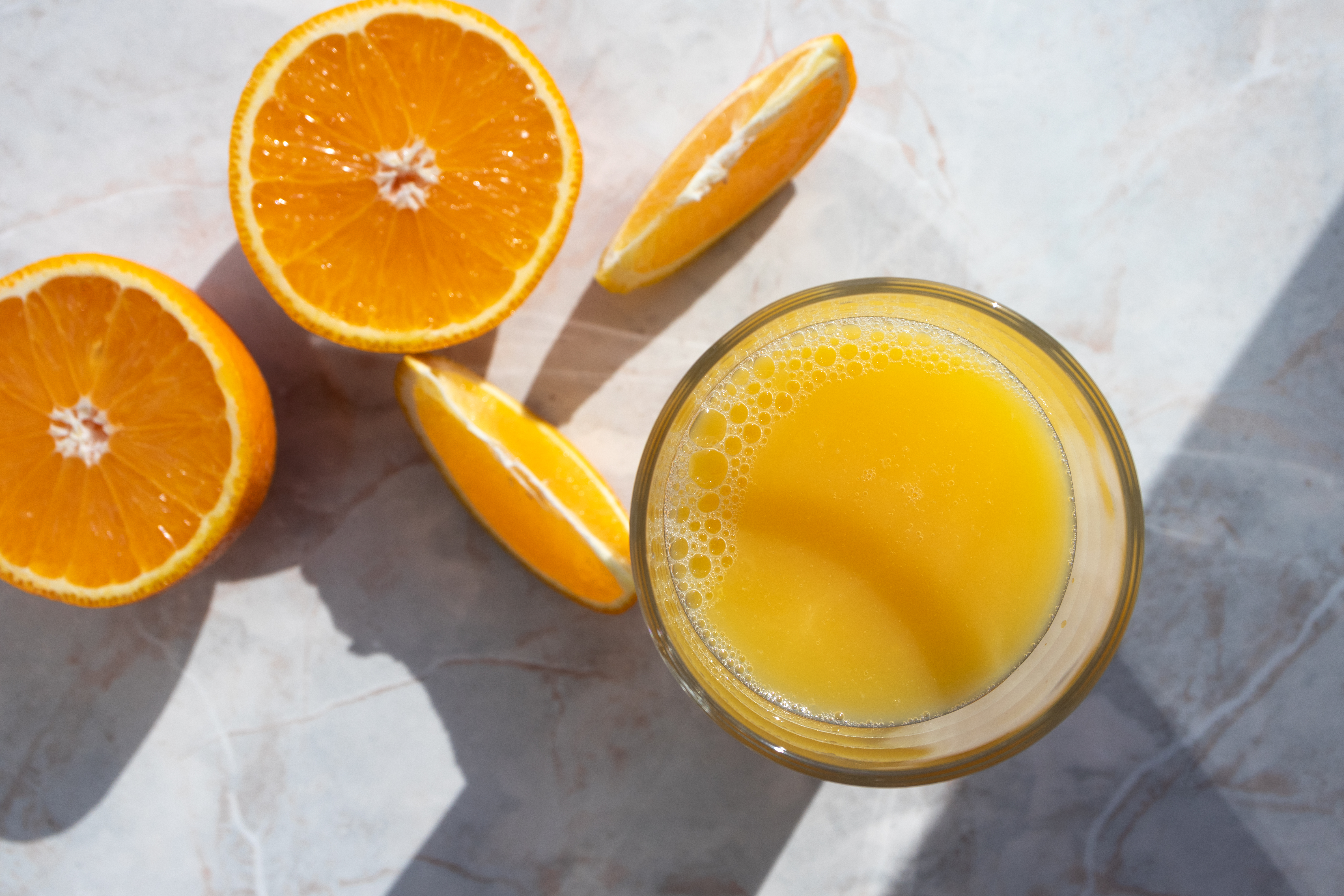
Plant sterols and stanols are naturally occurring compounds found in small amounts in many plant-based foods. They have a similar structure to cholesterol and can help block the absorption of cholesterol in the intestines. Consuming foods fortified with plant sterols and stanols, such as certain margarines, orange juice, and yogurt drinks, can significantly reduce LDL cholesterol levels. Incorporate these fortified foods into your diet as part of a heart-healthy eating plan to enhance your cholesterol-lowering efforts.
16. Flaxseeds: Tiny Seeds with Big Benefits
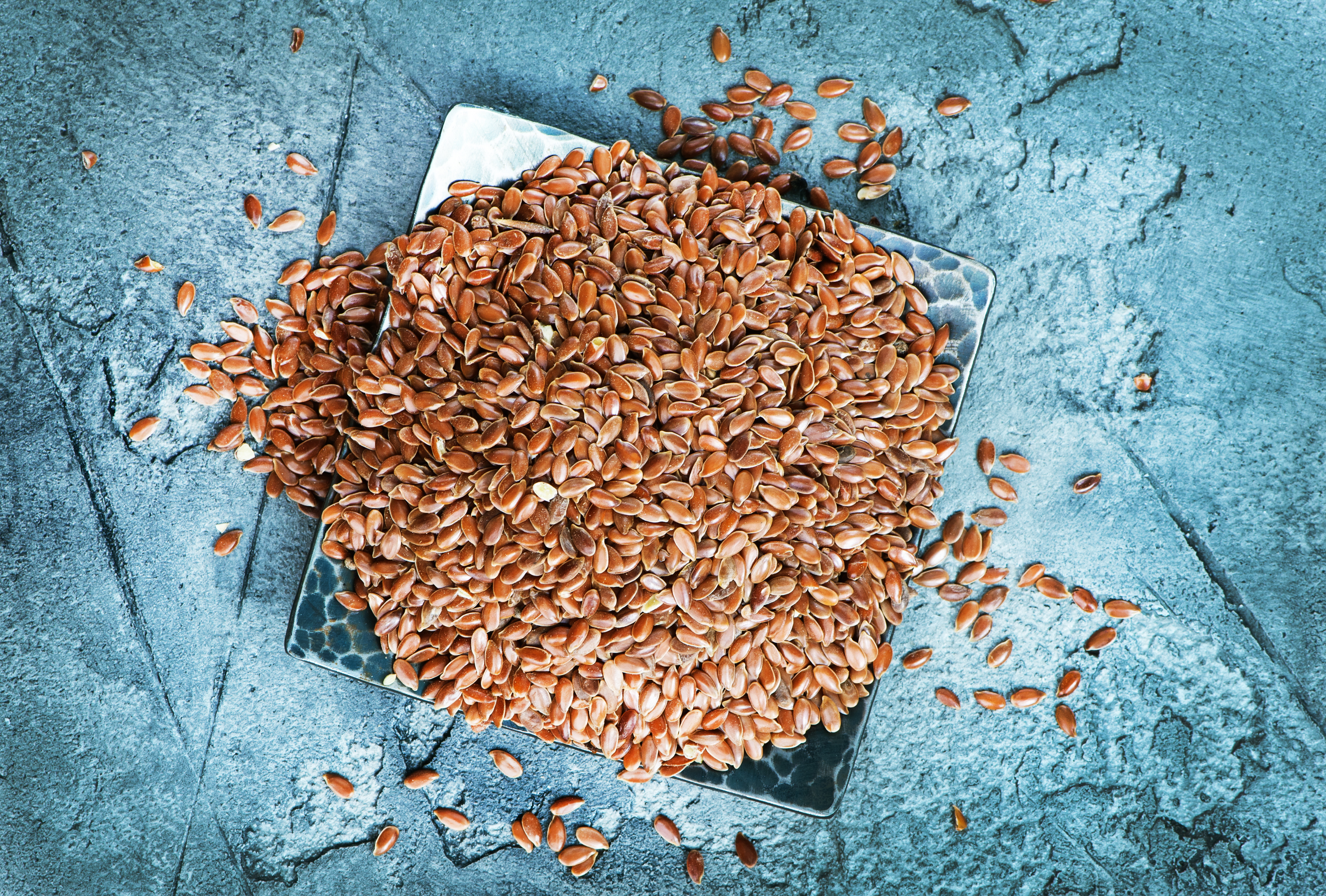
Flaxseeds, often considered a superfood, are an excellent addition to a cholesterol-lowering diet. Rich in omega-3 fatty acids, lignans, and soluble fiber, flaxseeds can help reduce LDL cholesterol and support overall heart health. These tiny seeds are also packed with antioxidants, which combat inflammation and oxidative stress in the body. The soluble fiber in flaxseeds binds with cholesterol in the digestive system, preventing its absorption into the bloodstream. Studies have shown that incorporating ground flaxseeds into your diet can lead to a significant reduction in LDL cholesterol levels. To enjoy the benefits of flaxseeds, add ground flaxseeds to smoothies, oatmeal, or yogurt, or mix them into baked goods like muffins and bread. Whole flaxseeds are less digestible, so grinding them ensures your body can absorb their nutrients effectively. With their mild nutty flavor and versatility, flaxseeds are an easy way to boost heart health while enhancing your meals.
The Path to a Heart-Healthy Lifestyle Starts Here

The journey to managing cholesterol is a multifaceted one, requiring a combination of dietary changes and lifestyle modifications. By understanding the role of cholesterol in your body and incorporating these 16 transformative foods into your diet, you can take significant steps toward improving your heart health. Each food offers unique benefits, from lowering LDL cholesterol to increasing HDL cholesterol and providing essential nutrients. As you embark on this journey, remember that consistency and moderation are key. By making informed choices and embracing a heart-healthy lifestyle, you can transform your cholesterol journey and pave the way for a healthier future.